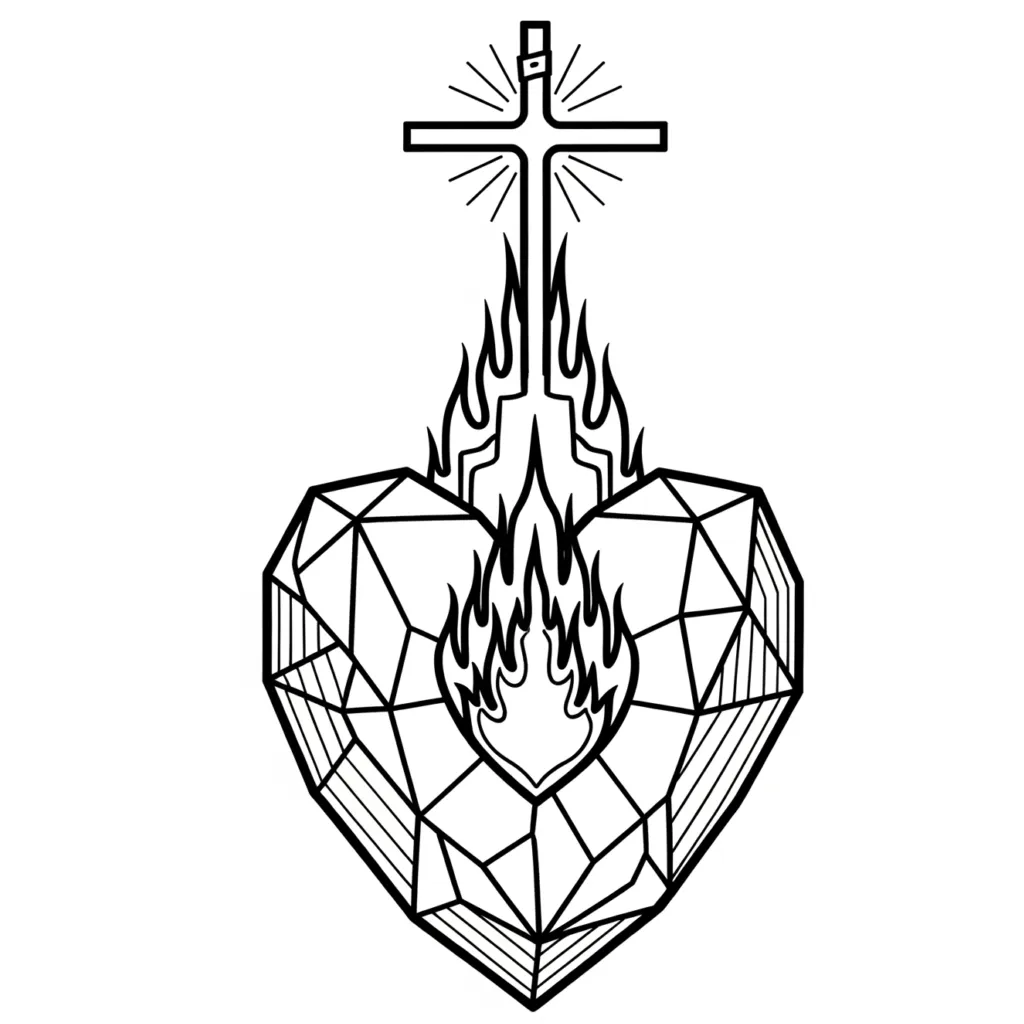
“Set me as a seal upon your heart,
as a seal upon your arm,
for love is strong as death,
jealousy is fierce as the grave.
Its flashes are flashes of fire,
the very flame of the LORD"
— Song of Solomon 8:6 ESV
Echoing the style of Deuteronomy 11:18 ESV, This verse from the Song of Solomon has long been read as a declaration of love between two people. Yet when approached through Neville Goddard’s teaching, its symbolism opens into the inner drama of imagination and assumption.
A seal in Scripture marks permanence, ownership, and authenticity. To set love as a seal upon the heart is to impress an idea upon the subconscious, the hidden mind. To set it upon the arm is to carry it outward into life, where the seal manifests in visible strength. This is the movement of imagination: what is impressed inwardly must take form outwardly.
“Love is strong as death.”Death in the Bible symbolises the end of a state of consciousness. When you fall in love with your desire—when you assume its reality with devotion—you cling to it with the same finality as death. The old state cannot survive; it must give way.
“Jealousy is fierce as the grave.”The grave is absolute; it admits no rival and holds fast what is placed within it. In the same way, assumption requires exclusivity. You cannot serve two masters. To be faithful to your desire, you must refuse to let competing thoughts or appearances draw you away.
“Its flashes are flashes of fire, the very flame of the LORD.”The fire that burns without consuming is imagination itself. Thoughts and images appear, flare up, vanish, and are replaced by others, yet the root remains. The mind is never destroyed by imagination, but is continually animated by it. Fire is also imagination in its creative intensity. When you burn with the feeling of being already what you long to be, that flame is God Himself. The flashes of fire are the living sparks of assumption that ignite reality.
Here, the imagery touches the mystery of the crucifixion, the Sacred Heart of Jesus, and the passion of Christ. Neville explained that the crucifixion symbolises the fixing of an idea in imagination. To be “nailed” to the cross is to be sealed—upon heart and arm—with love so strong that the old state dies. The exclusivity of the grave is the faithfulness to remain in that assumption, and the flame of the LORD is the fiery moment of creation itself.
Thus, the verse anticipates the inner drama of Christ—the moment when love, assumption, and divine fire become one. The crucifixion is not the end of a man, but the sealing of love in consciousness until it rises in new form.
"You shall therefore lay up these words of mine in your heart and in your soul, and you shall bind them as a sign on your hand, and they shall be as frontlets between your eyes." — Deuteronomy 11:18
"For I am sure that neither death nor life, nor angels nor rulers, nor things present nor things to come, nor powers,
nor height nor depth, nor anything else in all creation, will be able to separate us from the love of God in Christ Jesus our Lord. — Romans 8:38-39
Genesis 2:24 Series | Song of Solomon Series | Crucifixion Series | Fire Series
